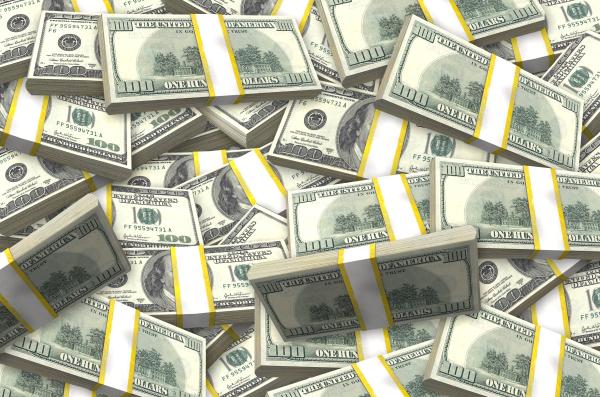Pharma companies are not doing well keeping their unscrupulous behavior quiet.
Martin Shkreli's high profile trial for increasing the price of the drug Daraprim from $13.5 to $750 per pill, and the complicated jury selection process, is making headlines.
Now, the company Mylan - known for jacking up the price of the Epi Pen - came to a settlement with the US Justice Department to the tune of $465 million dollars.
The settlement was in response to the controversy from last year that the company violated the False Claims Act by misclassifying the EpiPen as a generic drug. Why would a company knowingly do that? To save a lot of money by underpaying Medicaid rebates.
However, to a pharma giant like Mylan, $465 million is a slap on the wrist. Sen. Richard Blumenthal from Connecticut demanded that Mylan pay Medicaid the full amount that they took from this scheme - $1.27 billion.
EpiPen is an injectable epinephrine, recommended to be carried by everyone who has an allergy that could lead to anaphylactic shock and death. Nowadays, that's a lot of EpiPens for a lot of kids. Not only are people supposed to have one at home, they need to give one to school, leave one in their backpack, or store one at a grandparent's home.
Mylan acquired the EpiPen in 2007 and has raised the price from $100 to $600 over the last ten years. Although Mylan claimed that there were reasons for the price hike and the reclassification, they did not hold water. The President of ACSH, Hank Campbell, explained why in an article last year, "Fact Checking Mylan Claims They Raised The EpiPen Price Because Of Improvements."
Another factor that allowed this to happen is the lack of competition for an injectable epinephrine. Having a monopoly on a drug leads to a dangerous situation and now Mylan is going to pay a tiny fraction of what they earned.
Sanofi, the whistleblower in the case, which will receive $38.7 million as a pat on the back for their good deed, has a separate antitrust lawsuit pending. Sanofi had a competitor to the Epi Pen in the pipeline for the regulatory process, but claim that Mylan acted illegally in order to prevent the competitor from seeing the light of day.
In addition to the payout, the settlement requires Mylan to follow a corporate integrity agreement with the Department of Health and Human Services Office of Inspector General as well as the monetary payment. Perhaps pharma companies should start out with an integrity agreement before they get the chance to scam people and our government.




